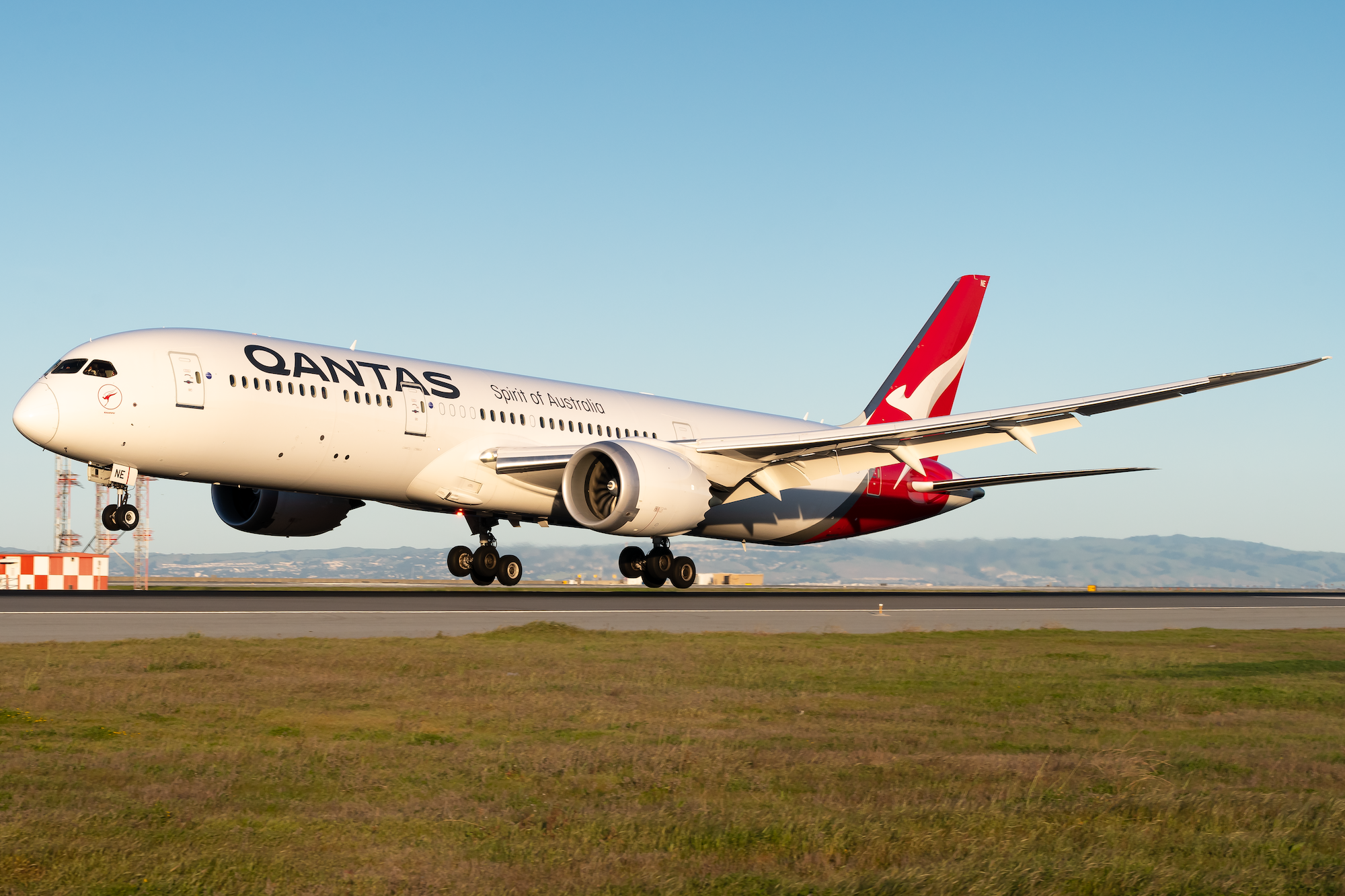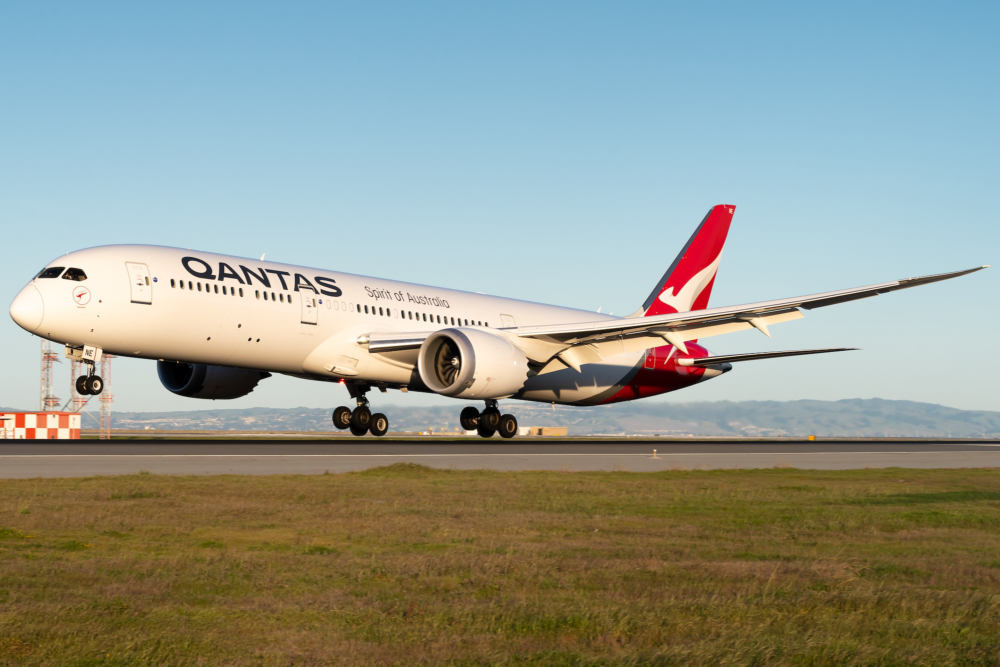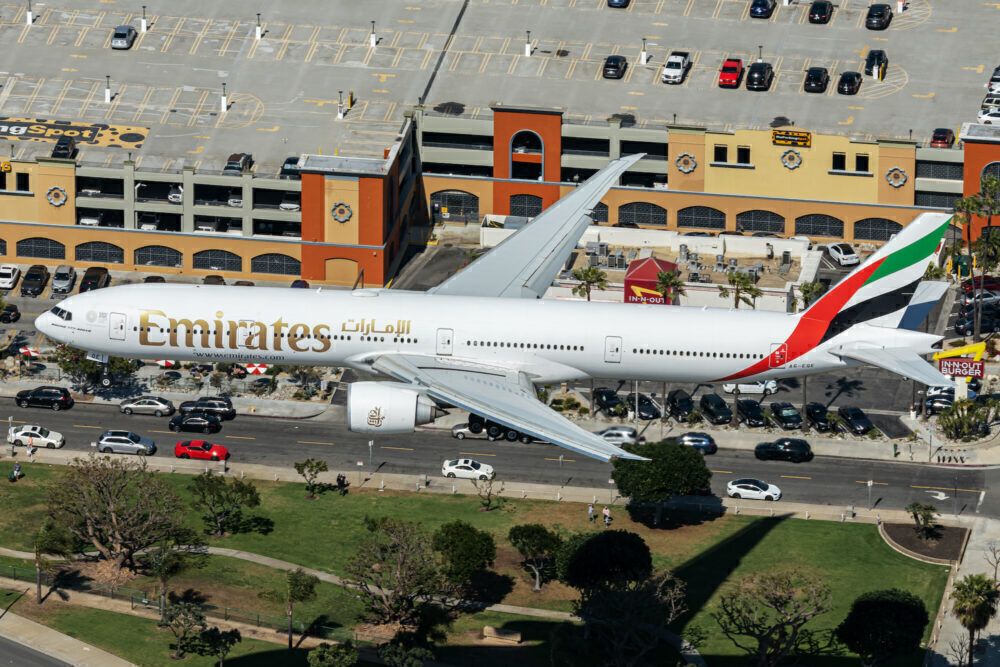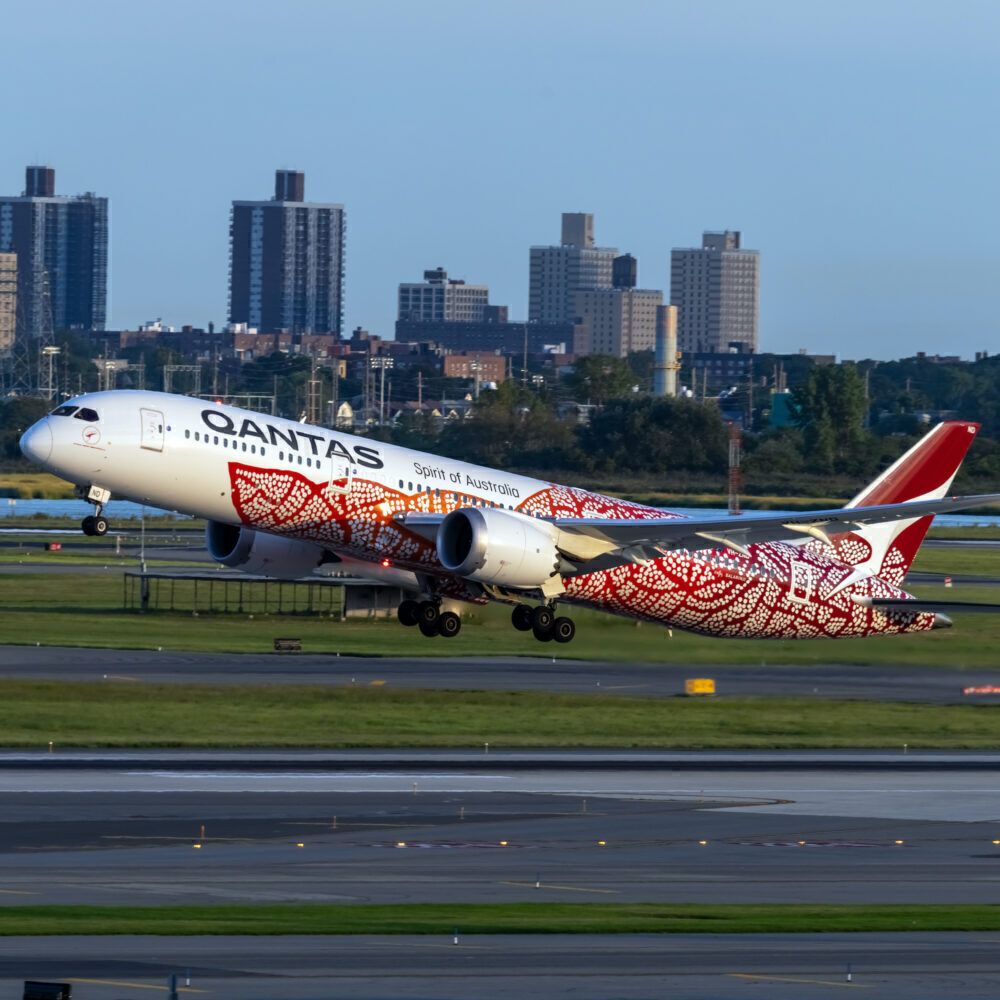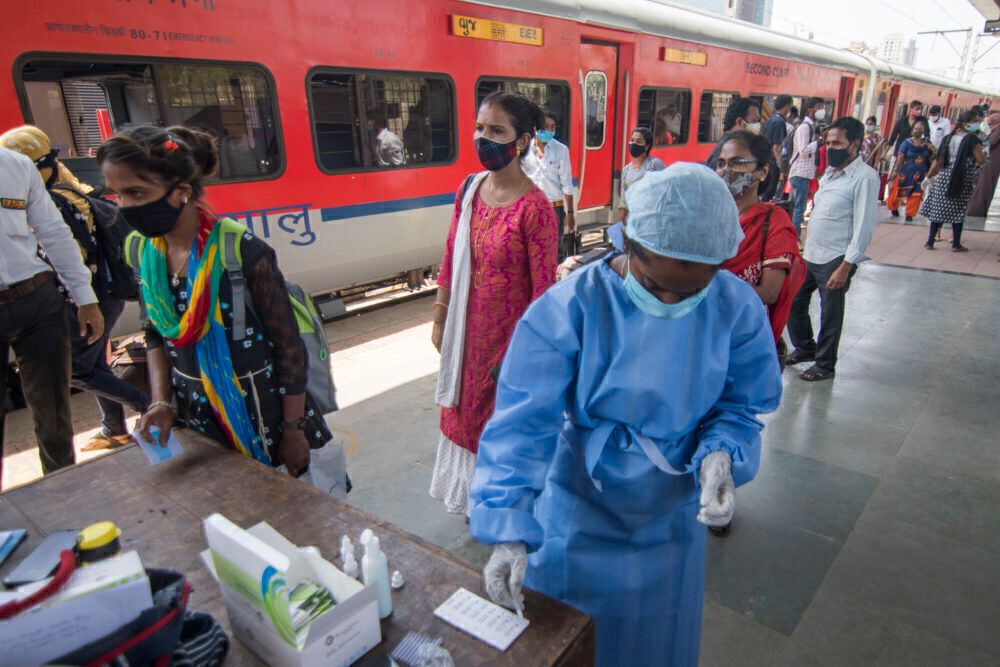The Australian government will soon be blocking travelers from entering the country if they have set foot in India 14 days before departing on the flight towards Australia. This 'temporary pause' is due to the worsening COVID-19 situation in India and will come into effect at midnight on Monday, May 3rd.
"The Government does not make these decisions lightly. However, it is critical the integrity of the Australian public health and quarantine systems is protected and the number of COVID-19 cases in quarantine facilities is reduced to a manageable level." -Government of Australia via official statement
Restriction in place for at least 12 days
According to a statement from the government of Australia, "if the passenger has been in India within 14 days of the person’s time of departure," they will not be able to enter Australian territory. The decision, confirmed at a meeting of the National Cabinet, was based on the proportion of overseas travelers in quarantine in Australia who have acquired a COVID-19 infection in India.
Coming into effect at midnight on Monday (effectively late Sunday night), the government notes that the temporary pause will be reconsidered on May 15th, in consultation with the country's Chief Medical Officer.
The government statement adds that failure to comply with this policy, an "emergency determination under the Biosecurity Act 2015" may incur a civil penalty of 300 penalty units, five years’ imprisonment, or both.
Aren't Australia's borders closed already?
Yes, Australia's borders remain closed - and have been like this since the start of this global crisis. However, travel has still been taking place - primarily for repatriation purposes.
As such, the only people who can travel to Australia are:
- Australian citizens
- permanent residents
- immediate family members
- and as of recent, travelers who have been in New Zealand territory (New Zealand and Tokelau) for at least the 14 days before the date of departure. (This does not include the Realm Countries of the Cook Islands and Niue.)
Australia has gone a step further, restricting the number of arrivals per week - capping the number of seats airlines can offer. This has left thousands of Australian citizens and residents stranded outside the country, waiting to book an available seat or left to pay exorbitant amounts of money for premium class travel that might be more readily available.
Australia's contribution to fighting COVID-19 in India
With India reporting over 300,000 new cases of COVID-19 every day in recent times, the situation has reached critical levels as hospitals continue to be overwhelmed. "Our hearts go out to the people of India – and our Indian-Australian community," Australia's Minister of Health and Aged Care states in the official release.
Stay informed: Sign up for our daily and weekly aviation news digests.
In consultation with the Indian Government, Australia will be providing emergency medical supplies. This will include more than 1,000 non-invasive ventilators, with the capacity to deploy up to a total of 3,000 ventilators.
The Australian government has offered to supply a significant package of personal protective equipment (PPE), including:
- One million surgical masks,
- 500,000 P2/N95 masks,
- 100,000 surgical gowns,
- 100,000 goggles,
- 100,000 pairs of gloves
- and 20,000 face shields.
The decision by the Australian government comes less than a day after the White House announced a ban on travel to the US from India. The US policy will go into effect from May 4th and apply to a vast majority of non-US citizens.
Are you affected by this new travel ban? Share your experience by leaving a comment.

